Maintaining your HVAC system involves several crucial tasks, and changing the air filter is one of the most important ones. Air filters play a vital role in ensuring that your system runs efficiently and that the air circulating in your home is clean. Over time, filters can become clogged with dust, debris, and other pollutants, which can compromise your system’s performance and even lead to health issues.
Knowing when to replace your air filter is essential for keeping your HVAC system in good working condition. Ignoring this vital maintenance step can result in higher energy bills, poor air quality, and frequent repairs. Understanding the signs that indicate your air filter needs replacement can help you address the issue before it leads to more significant problems.
We emphasize the importance of regular air filter maintenance as part of our comprehensive HVAC care services. By staying informed about when and how to replace your air filter, you can ensure a healthier living environment and a more efficient HVAC system.
Signs Your Air Filter Needs Replacement
Recognizing the signs that your air filter needs replacement is essential for maintaining your HVAC system. One of the most obvious indicators is visible dirt and debris on the filter itself. When you check the filter and notice it is covered in dust, dirt, or other pollutants, it is time to replace it. A clogged filter restricts airflow, making your HVAC system work harder than necessary.
Another sign is reduced airflow from your vents. If you find that the air coming from your vents is weaker than usual, a clogged filter might be the culprit. Reduced airflow can lead to uneven heating or cooling throughout your home, decreasing overall comfort.
Unpleasant odors coming from your HVAC system can also signal a dirty filter. Accumulated dirt and mold on the filter can cause musty smells and potentially harmful indoor air quality. If changing the filter eliminates the odor, it confirms the filter was the problem.
Lastly, if you or your household members experience increased allergy symptoms or respiratory issues, a dirty air filter might be to blame. Dust and allergens trapped in the filter can circulate back into your living space, exacerbating health problems. Replacing the filter can help improve the air quality and reduce these symptoms.
Factors That Affect Air Filter Lifespan
Several factors influence how often you should replace your air filter. One crucial factor is the type of air filter you use. Different filters have varying lifespans, ranging from one month to several months. More efficient filters might capture more particles but may need to be replaced more frequently.
The environment inside and outside your home also impacts the filter’s lifespan. Homes with pets, smokers, or high dust levels will likely need more frequent filter replacements due to the increased amount of debris and contaminants. Additionally, outdoor air quality plays a role; homes in areas with high pollution may require more regular filter changes to maintain good indoor air.
HVAC system usage is another important factor. If you frequently run your system, the filter will accumulate dirt and debris more quickly, necessitating more frequent replacements. Homes in extreme climates where the HVAC system runs constantly will see faster filter clogging than those in milder regions.
Finally, consider the number of people in your household. Larger families generate more dust, hair, and other particles that can clog the filter faster. Understanding these factors can help you determine the best replacement schedule for your air filter, ensuring your HVAC system functions efficiently and provides clean air. Our professionals can offer personalized advice based on your specific circumstances.
Benefits of Regular Air Filter Replacement
Regular air filter replacement offers numerous benefits for both your HVAC system and your overall health. One of the most significant advantages is improved energy efficiency. A clean air filter allows air to flow freely through your HVAC system, reducing the amount of energy required to maintain your desired temperature. This improved efficiency can translate to lower energy bills and a reduced carbon footprint.
Another benefit is enhanced indoor air quality. Over time, air filters trap various pollutants, including dust, pollen, and pet dander. When the filter becomes clogged, these contaminants can circulate back into your home, negatively affecting air quality. Regularly replacing the filter ensures that these pollutants are continuously removed, resulting in cleaner, healthier air for you and your family.
Regular air filter maintenance also extends the lifespan of your HVAC system. A clogged filter forces the system to work harder, increasing wear and tear on components such as the blower and motor. By keeping the filter clean, you reduce the strain on these parts, which can lead to fewer breakdowns and a longer-lasting system. This preventative measure can save you money on repairs and replacements in the long run.
Tips for Choosing the Right Air Filter
Selecting the right air filter involves considering several factors to ensure optimal performance and air quality. First, determine the correct size for your HVAC system. Filters come in various dimensions, and using the wrong size can result in poor fitment and reduced efficiency. Check your HVAC system’s manual or consult with one of our professionals to ensure you get the appropriate size.
Next, consider the filter’s MERV (Minimum Efficiency Reporting Value) rating. This rating measures the filter’s ability to capture particles. Higher MERV ratings indicate better filtration but may also restrict airflow if your HVAC system is not designed to handle them. For residential use, a MERV rating between 8 and 13 typically provides a good balance of filtration and airflow.
Material composition is another important factor. Air filters can be made from various materials, including fiberglass, pleated paper, and washable fabric. Fiberglass filters are generally cheaper and need more frequent replacements, while pleated filters offer better filtration and durability. Washable filters are reusable, but they require regular cleaning and maintenance. Choose the material that best suits your needs and budget.
Conclusion
Understanding when to replace your air filter and selecting the right type are crucial steps in maintaining your HVAC system’s efficiency and ensuring a healthy living environment. Regular air filter maintenance not only improves energy efficiency but also enhances indoor air quality and extends the lifespan of your HVAC system. Our professionals are here to guide you through the process, offering expert advice tailored to your specific needs.
For expert consultation and top-quality air filter replacement in Haubstadt, look no further than Perfect Climate Heating & Air. Contact us today to learn more about how we can help you maintain a comfortable and efficient home environment.


